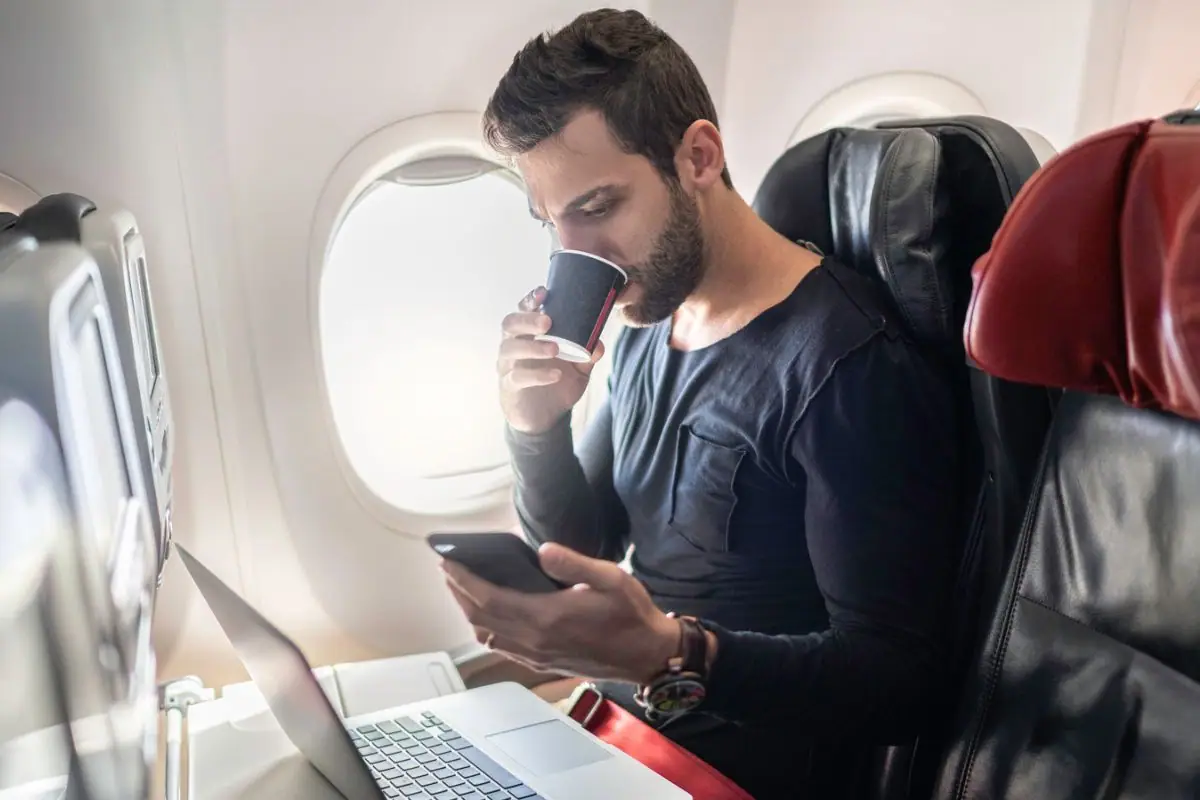Tips for Sleeping on Overnight Flights
Advertisement
Do you ever have trouble falling asleep on an airplane? Peace often seems impossible to come by because of the narrow seats, constant hum from the motor, and the occasional crying infant. But don't worry! You'll have all the tools you need from this article to fall asleep with ease, even when you're taking off.
Skip the Caffeine

Drinking caffeine-laden beverages like coffee, tea, or energy drinks before or during your flight can sabotage your sleep efforts. Caffeine has a lingering effect, staying in your system for over 10 hours and potentially disrupting your sleep cycle. The cabin’s dry air exacerbates dehydration, so it’s wise to stick with hydrating alternatives such as water or fruit juice. If you're considering alcohol as a sleep aid, practice moderation. Alcohol may initially help you fall asleep, but it's processed quicker in the lower pressure environment of an aircraft, leading to a lighter and often interrupted sleep. Instead, hydrate well and keep caffeinated and alcoholic beverages to a minimum to enhance your chances of a good night's rest.
Pack Smart with Comfort Essentials
To enhance your chance for a peaceful flight, packing the right comfort items is essential. A supportive neck pillow can prevent your head from falling into uncomfortable positions, aiding in continuous sleep. An eye mask is another critical accessory, it shields your eyes from the ever-present cabin lights, creating an ideal dark environment for sleep. Don’t forget noise-cancelling headphones to drown out ambient noises like the engine's roar or conversational buzz. Lastly, consider bringing a lightweight blanket or a large scarf. These can be lifesavers if the cabin temperature drops, helping maintain a comfortable body temperature. By preparing a personalised comfort kit, you set the stage for a restful flight.
Adjust Your Body Clock
For those crossing multiple time zones, syncing your body’s internal clock to your destination can make a big difference. Begin adjusting your sleep schedule a few days before departure. If you’re heading east, try going to bed earlier, and if west, a bit later. On the plane, change your watch to your destination's time as soon as you board to mentally prepare for the new schedule. If it's nighttime at your arrival destination, use the flight to catch up on sleep, if daylight awaits, try to stay awake. By gradually adjusting your routine in advance, you can minimise jet lag and maximise your enjoyment upon arrival, making your transition smoother and your trip more enjoyable.
Choose the Right Seat on the Plane
When flying overnight, your seat choice can significantly impact your ability to sleep. Avoid seats near the lavatories and galleys to escape frequent foot traffic and unexpected noises. The rear seats might seem secluded but often don’t recline, leaving you in a less-than-ideal position for relaxation. Opt for a window seat instead. It offers control over the window shade to reduce cabin light and provides a side to lean on, making it easier to rest. Additionally, it minimizes disturbances since you won’t need to move for fellow passengers. Websites like SeatGuru can be invaluable, helping you select the ideal seat based on aircraft layout and user reviews.

